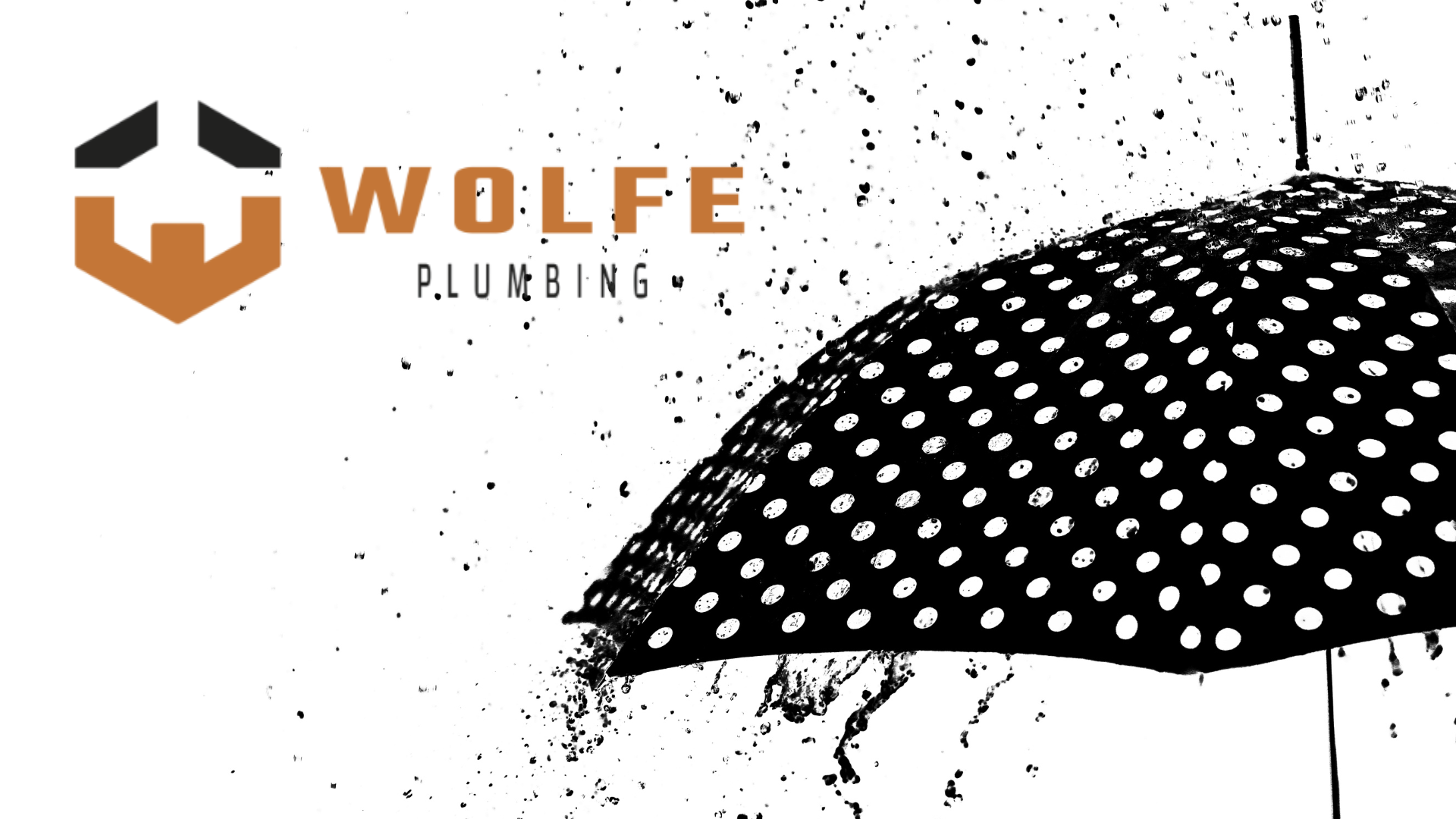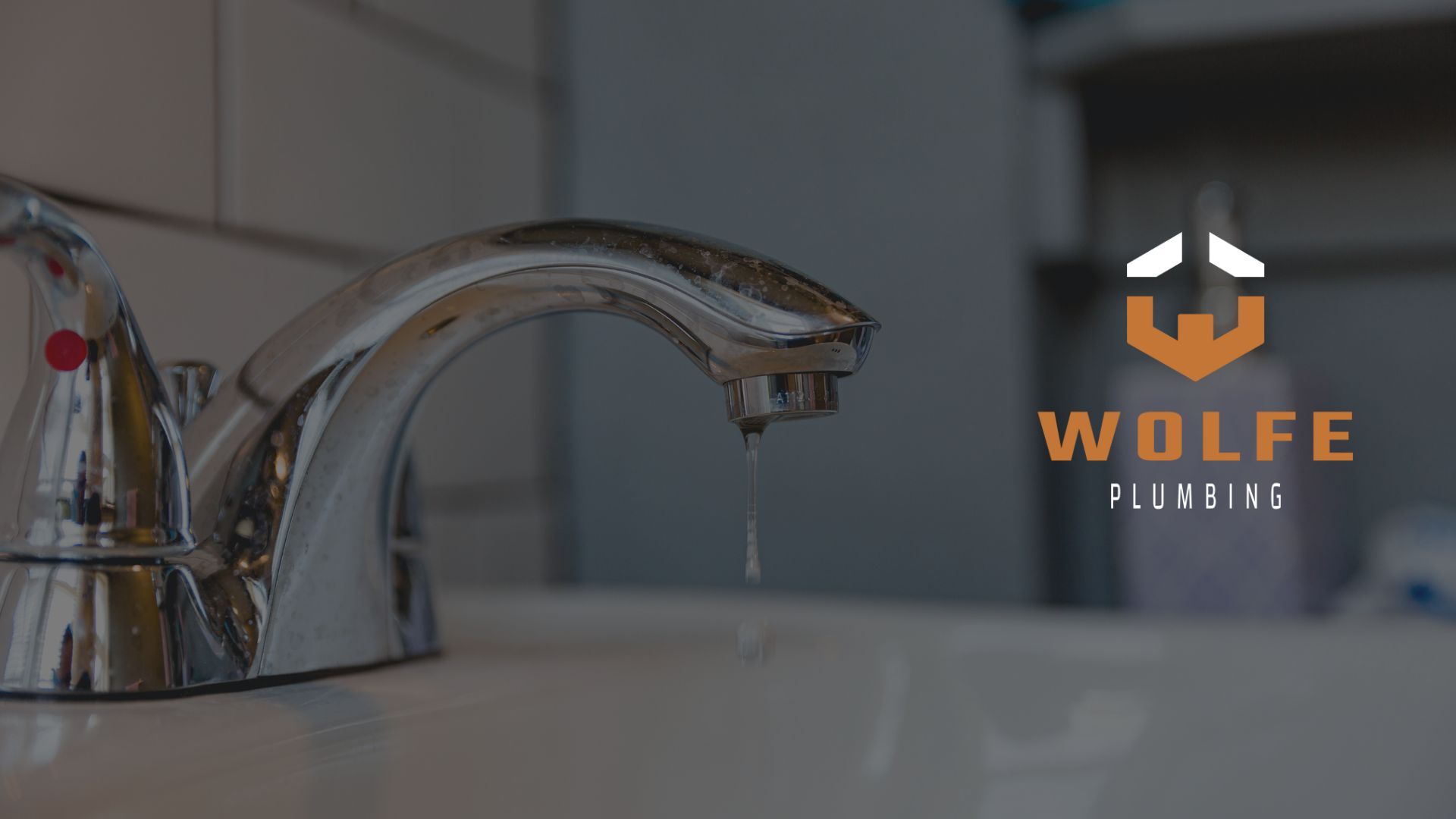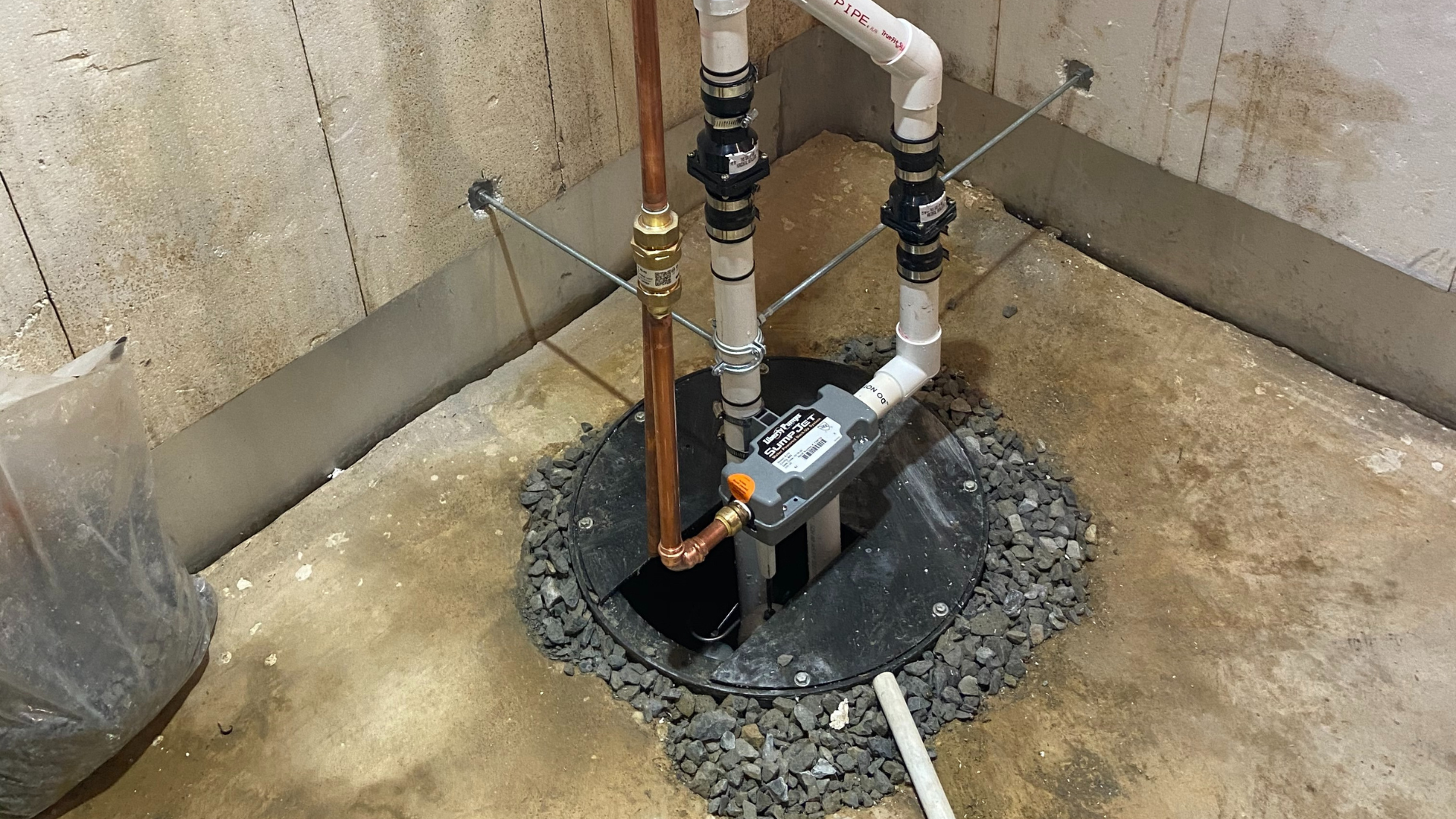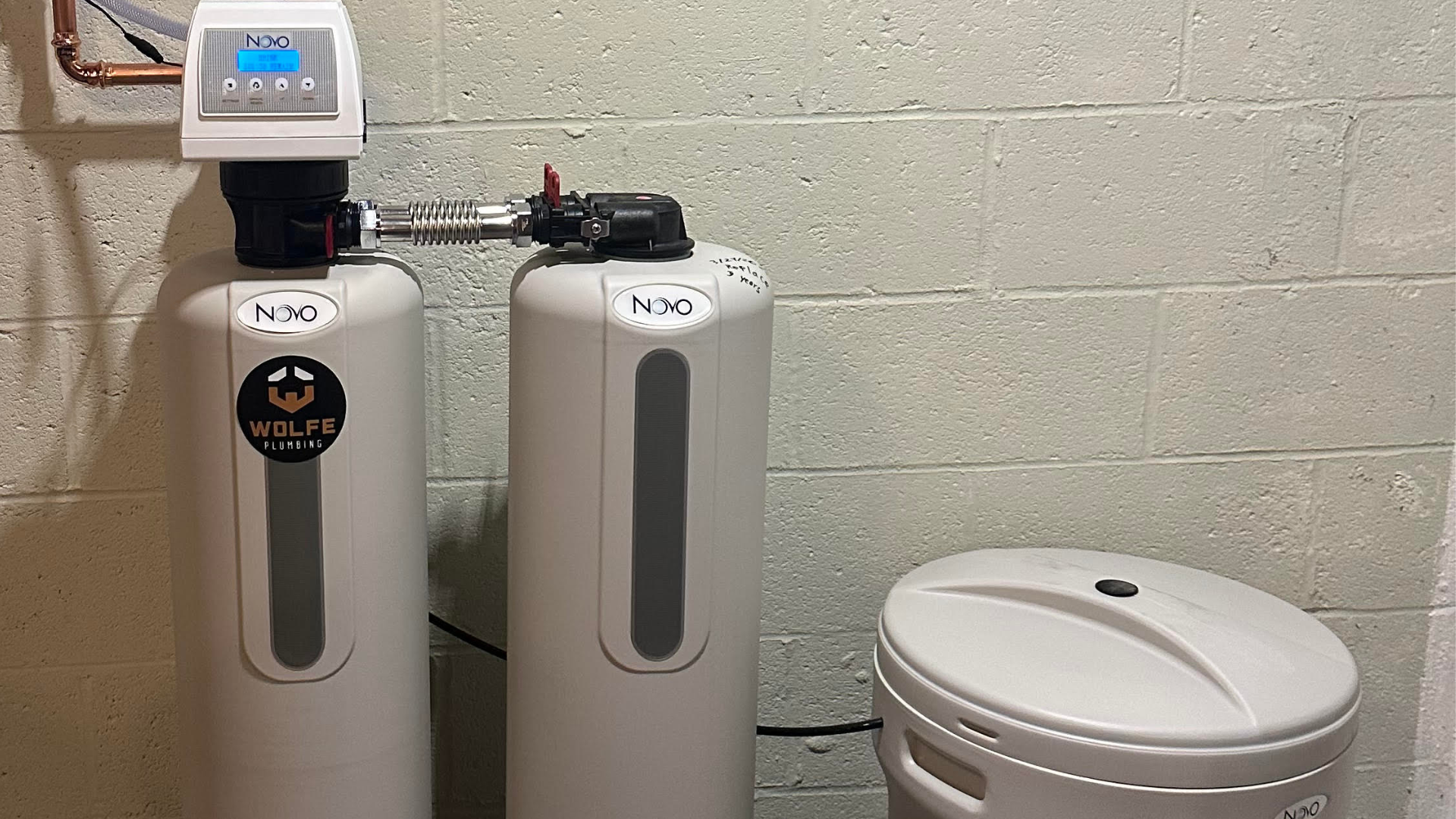As the frost thaws and flowers begin to bloom, springtime brings a fresh start for our homes. While you may be eager to dive into spring cleaning, don't forget about your plumbing system. Winter can take its toll, and a few simple maintenance tasks can prevent costly repairs down the road. Here are some essential plumbing tips to help you spring into action and keep your plumbing in top shape this season.
1. Check for Leaks:
Inspect all faucets, pipes under sinks, and visible plumbing for any signs of leaks. Even minor leaks can waste water and lead to water damage over time. Tighten loose fittings or call a plumber to repair any leaks promptly.
2. Test Sump Pump:
With spring rains on the horizon, ensure your sump pump is in good working condition. Test it by pouring water into the sump pit and verifying that the pump activates and removes the water effectively. Consider installing a battery backup system to keep your basement dry during power outages.
3. Clean Gutters and Downspouts:
Clogged gutters and downspouts can cause water to overflow, potentially damaging your roof and siding. Clear debris such as leaves and sticks from gutters and ensure downspouts are directing water away from your home's foundation to prevent water seepage into your basement.
4. Inspect Outdoor Faucets and Hoses:
Check outdoor faucets for freeze damage and leaks that may have occurred during the winter. Replace any damaged washers or fittings and ensure hoses are properly connected. Consider installing frost-proof hose bibs to prevent freezing in colder months.
5. Service Your Water Heater:
Flush your water heater to remove sediment buildup, which can reduce efficiency and shorten its lifespan. Check the temperature and pressure relief valve for leaks or signs of corrosion, and consider scheduling a professional inspection if your water heater is older or showing signs of wear.
6. Protect Pipes from Freezing:
While spring brings warmer temperatures, it's still essential to protect your pipes from freezing during any lingering cold snaps. Insulate exposed pipes in unheated areas such as basements, attics, and crawl spaces to prevent them from freezing and bursting.
By taking proactive measures to maintain your plumbing system this spring, you can avoid unexpected disruptions and costly repairs later on. From checking for leaks to servicing your water heater, these simple tips will help keep your plumbing in tip-top shape as you embrace the season's renewal. So, roll up your sleeves, grab your toolkit, and spring into action to ensure a smooth-flowing and leak-free home for the months ahead.
Happy spring!



BROWSE OUR WEBSITE
CONTACT INFORMATION
Phone: 302-509-7499
Email: rwolfeplumbing@gmail.com
Address: Hockessin, Delaware







